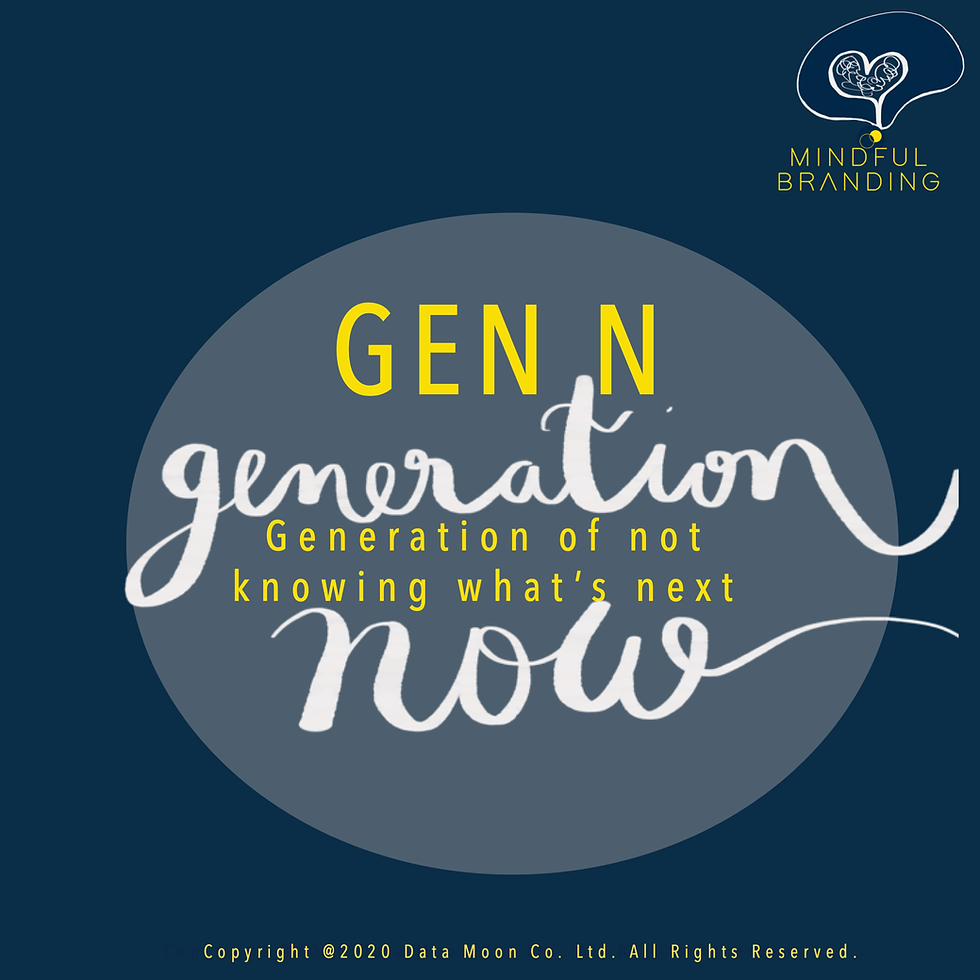- Data Darling

- Jan 19, 2021
- 3 min read
"No one will give you credit because your credit score is low; and your credit score is too low because no one will give you credit."
It is really the chicken-and-egg problem for first time workers and borrowers, mainly those who just recently graduated or entered into the freelance-based workforce of this gig economy.
This new generation flux of first timers, also known as Gen Z (or literally second wave of the Millennials) tend to rent things rather than buying them. Gen Z might have another nickname called Gen Zero because of their zero savings, low to no credit score, and zero assets owned.

Looking back at the Google Trends data since the last recession in 2008 for worldwide and particularly for Thailand, it reconfirmed the rationale behind the nickname I gave them. Renting an apartment, applying for credit card, buying a car are on the rise while repayment and installment for credit card are to follow. Buying a house interest has been stable since recession, it shows a clear intent about it but unfortunately they either they have priorities issues of where they should spend their money, or they have been influenced by leading retailers fantasy and the credit card market BNPL (buy-now-pay-later)?
To put mindful branding (https://www.datamoon.io/mindful-branding) into practice and implications for the future of credit-building spending behavior, there are many ways brands can participate in shaping a better ecosystem and a more sustainable economy. Some initial thought starters are per below;
Meaningful Purpose: Credit-Builder as the Purpose
- Make credit-builder behavioral design as part of the brand and product purpose, moving away from purely profit-builder of capitalism to show the customers that you really care. Good examples can be seen from Afterpay (https://www.afterpay.com/index) to Cred.ai (https://cred.ai/) where values are designed to help the customers spend mindfully and responsibly.
Interbeing: Impact from a good financial discipline is a win-win for everyone
- Being part of customers ecosystem and understand their motivations and problems beyond the spending spree of convenient and promotions. Insurtech Disruptor, Lemonade (https://www.lemonade.com/) is one of mindful branding favorite that not just disrupted the market by building it from scratch, but also incorporated the impact everyone could make for one another into the business model.
Nowness over newness: Invest NOW, Spend LATER
- Reflection of customers current situation, influencing them to be honest with themselves about what they can or cannot afford; this may sound naive for marketers, but better safe than sorry may be best for your customers. NerdWallet (https://www.nerdwallet.com) is a great example of a mindful brands with a mission to help customers outwit the overload of financial products and services through their simple and friendly money tools.
Differentiation by (REALLY) doing: Small Amount, Small Businesses, Big Impact
- No more old banks new tricks or cosmetic changes when it comes to marketing products and services to Gen Z. Stop the corporate bogus of repackaging the old plastic with new mobile look but the same irrelevant value, especially for the new tribe of customers, the Gen Z. Gen Z seems to be a debit king as most of them do not yet have the plastic or credit per se; to really differentiating your products and services, think small amount, reach out to small businesses and online DTC retailers, that's where the real impact and untapped opportunities are. Current banks and brands may have established trust with the parents of Gen Z, but not with Gen Z themselves.
At the end of the day, the future of spending will be in the hands of this Gen Z, period. The fact that we know how struggle they are or will be facing when it comes to money, isn't it our responsibility to mindfully create value of brands, products, and services that help them succeed? I want to turn this Gen Z from Gen Zero of low-to-no savings and credit scores to Gen Zealous where they can really thrive into the promising yet unknown future.




